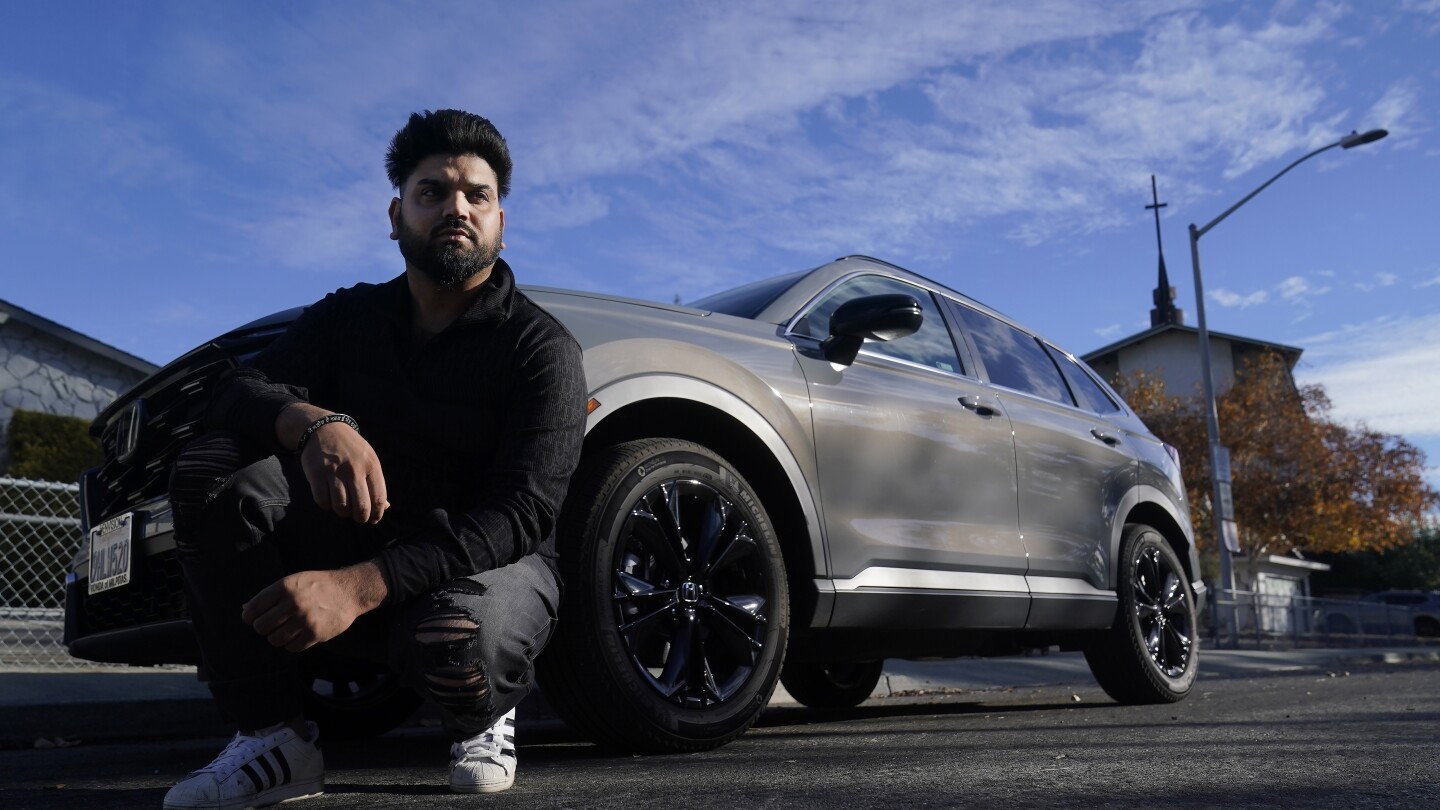America’s automakers have staked their futures on the notion that electric vehicles will dominate sales in the coming years, spurred by buyers determined to reduce carbon emissions and save on fuel.
But so far, while EV sales are growing, their pace is falling well short of the industry’s ambitious timetable for transitioning away from combustion engines. Instead, buyers are increasingly embracing a quarter-century-old technology whose popularity has been surging: The gas-electric hybrid, which alternates from gas to battery power to maximize efficiency.
So far in 2023, Americans have bought a record 1 million-plus hybrids — up 76% from the same period last year, according to Edmunds.com. As recently as last year, purchases had fallen below 2021’s total. This year’s figures don’t even include sales of 148,000 plug-in hybrids, which drive a short distance on battery power before a gas-electric system kicks in.



But a car that now only does 20 miles vs 200 before needing charge is still plenty usable for groceries or many work commutes while you save/wait for replacement, an ice power train failure means absolute dead lump of metal.
A car won’t be driving if it only has 20 miles. That’d be a battery failure that prevents the car from operating.
200 becomes 190, 180, 170 … 140.
At least on a Tesla below 140 would be covered under the 8 year warranty as that’s more degradation than should happen (unless you’re over mileage)
It’ll keep going down from there, but there’s a point where the battery just won’t function properly with the car anymore due to voltages or something to do with the level of battery degradation.
So hypothetically when it’s hit 100, it won’t be able to accelerate properly anymore making it no longer viable as a car battery.
At that point you could maybe go into a secondary life as stationary storage which has less demands, or recycle it.